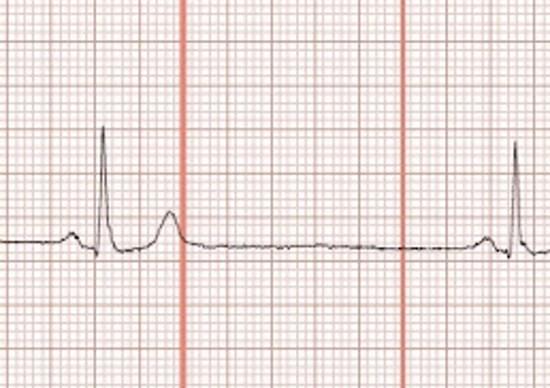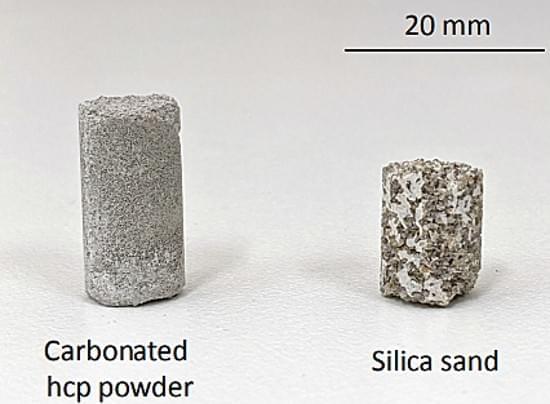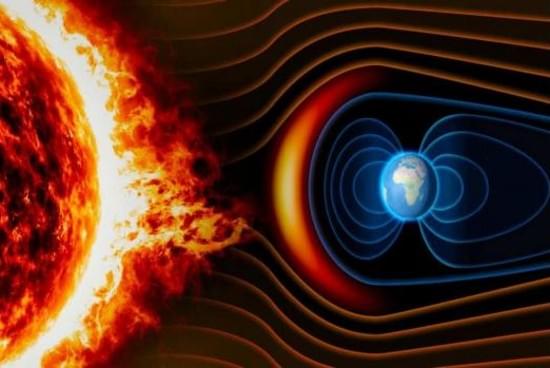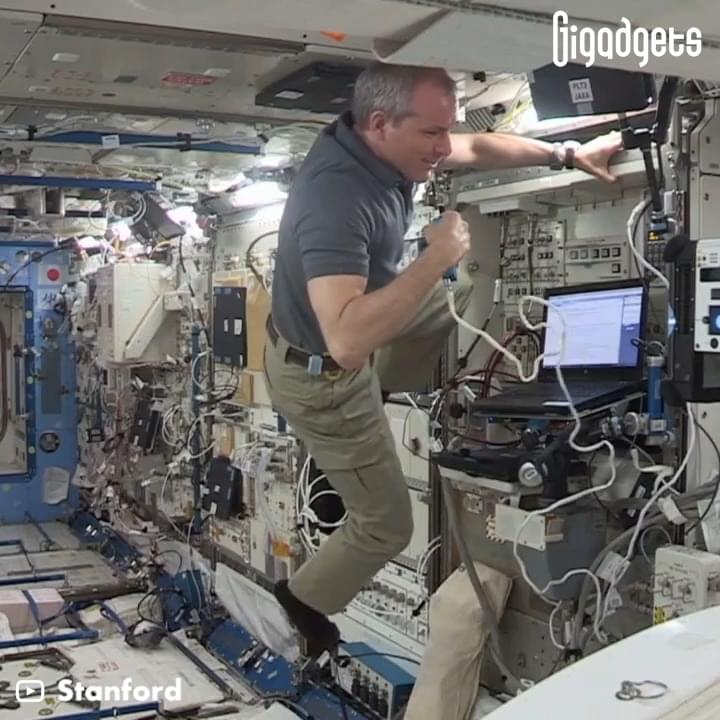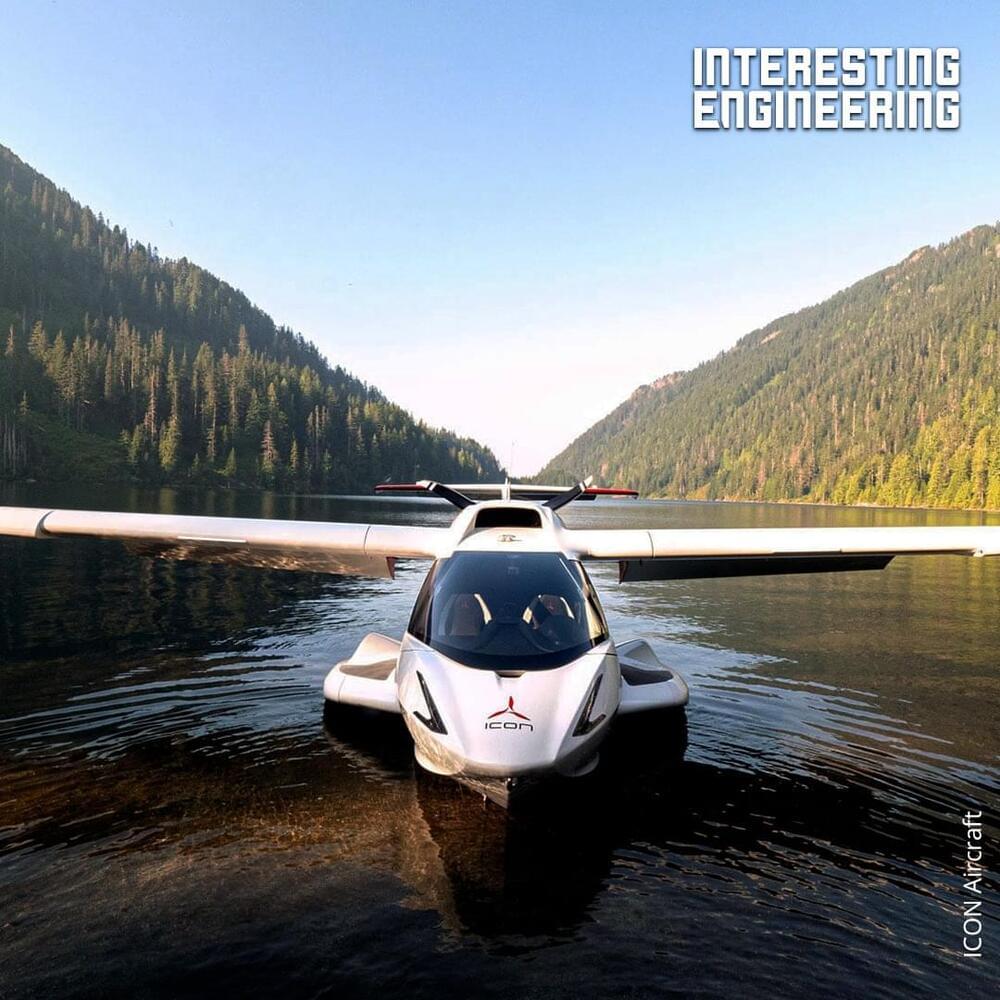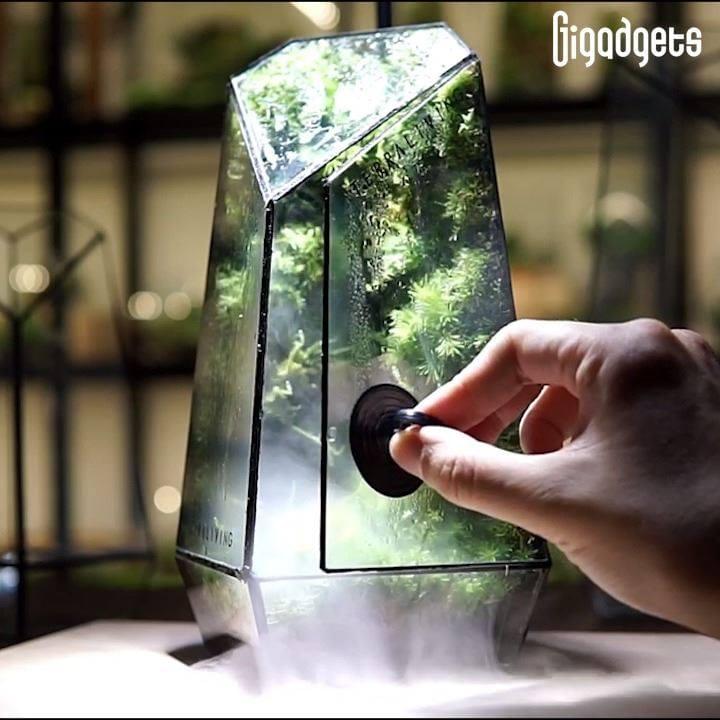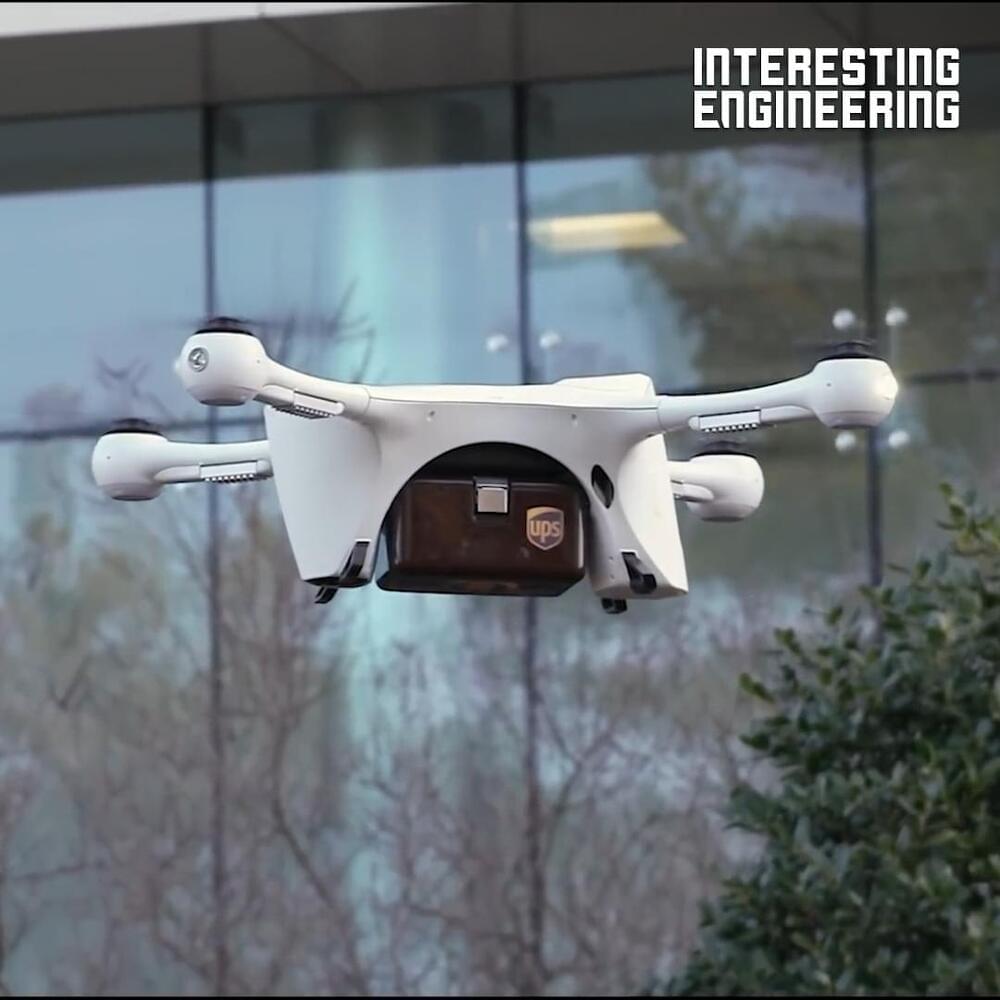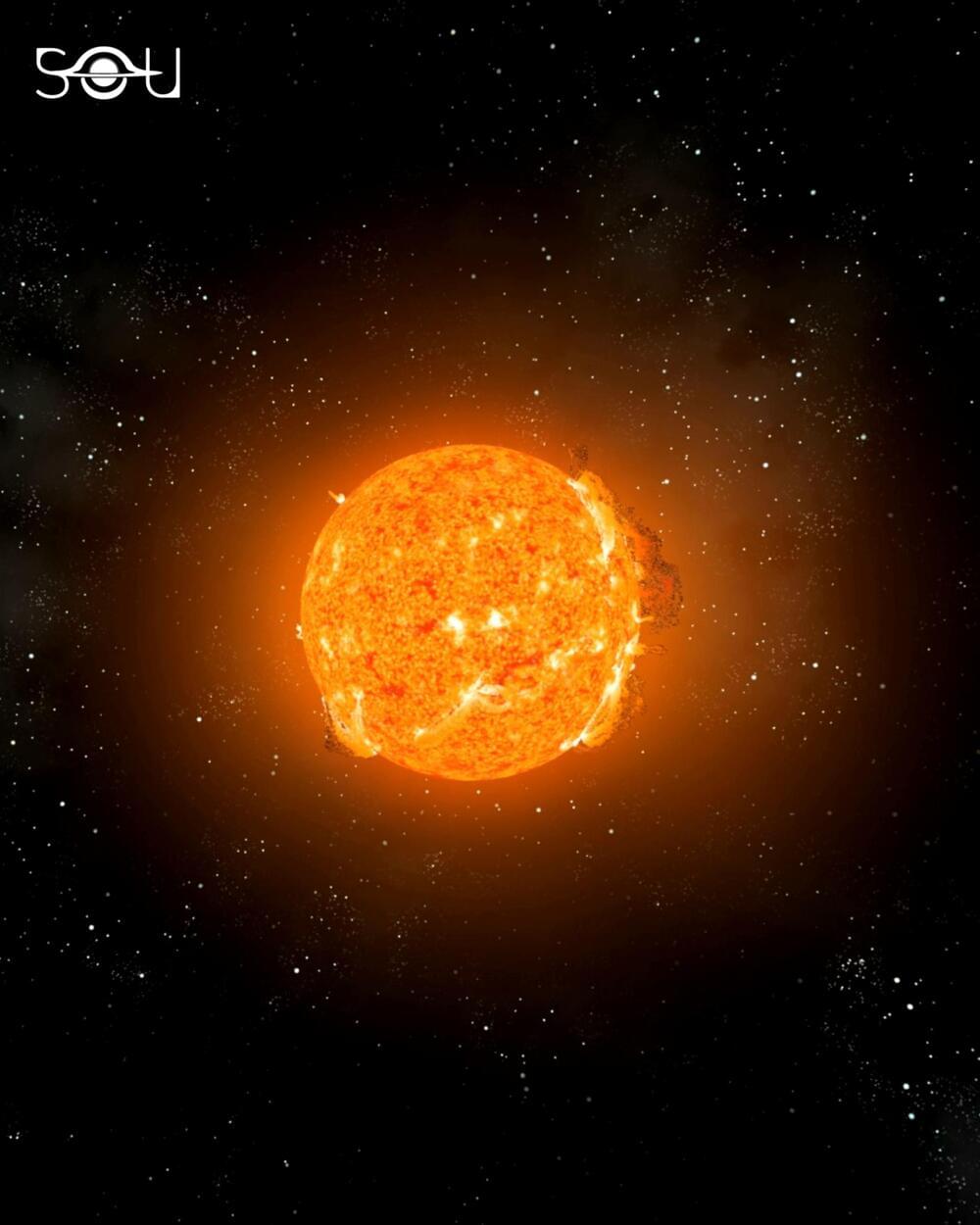Paroxysmal AF occurs when the upper chambers of the heart beat irregularly. Instead of initiating normal sinus rhythm, the two atria fibrillate or quiver. That doesn’t stop blood flowing from the upper to lower chambers, but it does upset the normal heartbeat causing the heart to race. In my case, the paroxysmal reference meant that my heart was going in and out of AF. Sometimes everything was normal. At other times I would experience a racing heartbeat exceeding 120 beats per minute and lasting from minutes to hours.
When an AF episode ends what happens inside the heart? An apt analogy is the electric control panel in every home that either contains circuit breakers or fuses. When lights go out you can go to the box to reset a tripped circuit or replace a blown fuse. In Paroxysmal AF that reset is automatic with the heartbeat returning to normal sinus rhythm.
So where does conversion come into the conversation? I had worn a Holter Monitor (a portable ECG device) for 14-days back in the latter part of November of last year. In this pandemic-disrupted world, it took a while before a cardiologist got back to me about what the Holter showed. In a video call last week I learned about conversion in an entirely new context. The cardiologist told me that over the two weeks of wearing the Holter Monitor I had been in AF for 8.5% of the time and had experienced seven conversion pauses lasting between 3.5 and 5 seconds. A pause is exactly what you think it means. If we carry the analogy of the fuse box, it is as if a power fluctuation caused the lights to go out and it took five seconds to reset the circuit breaker for them to come back on. The cardiologist said the AF occurrences were less of a concern than the conversion pauses, particularly one lasting 5 seconds (apparently happened in my sleep).
